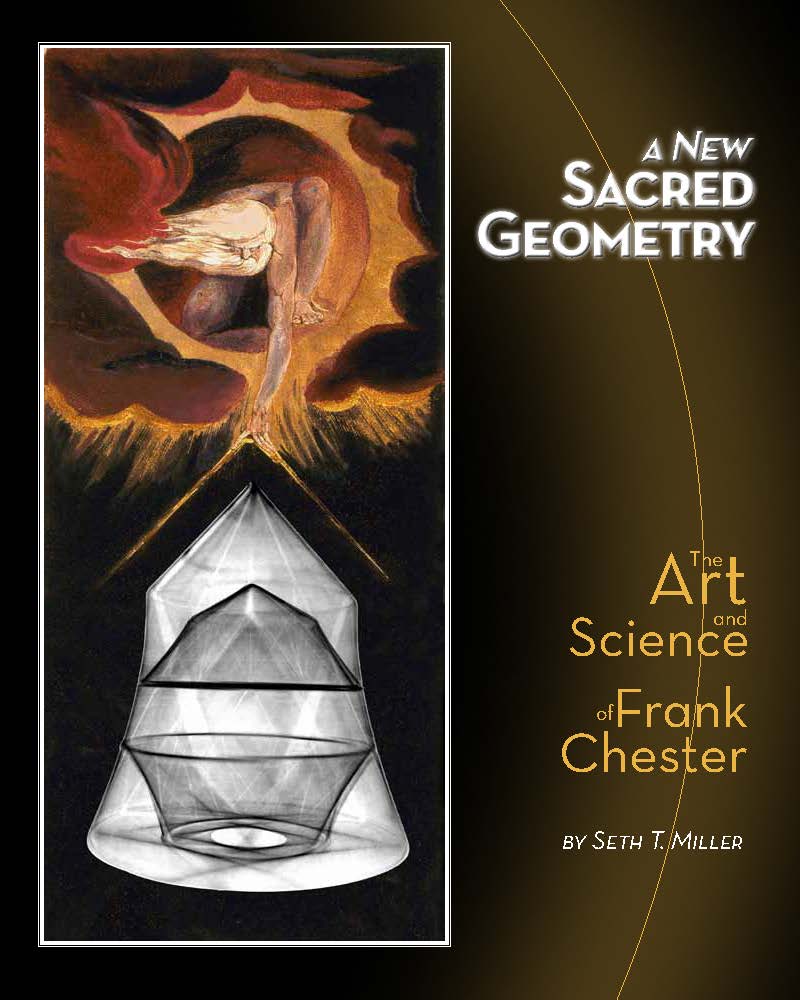Universal developmental stages? – A continuation
A friend continued:
Does this mean there is no universal developmental stages that we each pass through simply due to the fact that we are all human? What are the underlying strata, the ground upon which both these explicate perspectives emerge? What is the implicate order regarding human development?
Prompting the response:
As for universal developmental stages… yes and no. I guess I would point to the process of recapitulation. You, as a physical being, go through stages in development which are a unique recapitulation of stages that have individually been achieved over vast timescales. But, as modern beings, because what was achieved so long ago by (or rather ‘with’ and ‘through’) our ancestors (going ALL the way back, here) no longer requires the same kind of attention that it did when the developments were being worked out, we speed through these stages without any cognizance. We also don’t have to experience the full drama of the development of those stages; we only get something like the form of an image of those stages, more like a hint or better a ‘gesture’ of those past stages. The result is that instead of, say, having to develop anew the ability to breath air from scratch, we simply find ourselves with a capacity for breathing.
The particular capacities we are thus ‘given’ are not “universal” in the absolute sense that ALL beings do this. But it is close to universal when considering humans. We are the ongoing unfolding of our past — all of our past. And some capacities require more of us now than they will in the future, and others require less of us not than they did in the past. Thus, we are no longer challenged so much by the development of breathing, but have a more difficult time with upright walking. It is easier to have a mental picture than it is to dissolve a mental picture into nothing. It is easy to feel rage, but much more attention is required to feel compassion. These are tracings of past and future capacities, and we’re constantly in the flow of their development (and there is also a process of dissolution of capacities… but we’ll not go into that).

Physical Recapitulation
And there are always exceptions. Some people who are born now are actually working out dramas that the bulk of humanity dealt with eons ago, and others are born who are dealing with developing capacities that the bulk of humanity will likely encounter only in the future. So it’s not a simple question of everyone being equal. Diversity is everpresent.
Additionally, some of the capacities that have been given through our long history are only partially so. Or rather, their development has only proceeded to a certain stage, beyond which any development or progression depends upon actions taken here and now. The fulfillment of these capacities is not a given, but requires actual work on our part. For example the capacity for free ethical action that comes from within the individual; this is not something that just everyone ‘has’ — it requires a certain amount of work. So too the capacity to perceive accurately in the spiritual worlds requires individual work; it’s not yet capable of being given as an already-developed gift to the whole of humanity (like vision is) because the work required for that is still being done.
The upshot of all this is that the situation is very complex and intertwined with multiple streams, working from the past and (sorry for sounding weird) from the future. There is no ‘one-size-fits-all’ when it comes to these things, because we’re constantly dealing with a whole variety of interpenetrating levels and times. Nevertheless, there are ‘global’ patterns at work, which can be perceived if one knows how to look. David’s books very directly hint at this. Also examine Richard Tarnas’ book The Passion of the Western Mind. These are works in the popular domain which point to the sense of ongoing, non-random, directional development of consciousness and human beings. (Of course, one could find a much more direct treatment of this aspect if one has the desire to look into more esoteric sources, such as Steiner.) This is where you start to find a way into the question of the Implicate Order with respect to human development…





